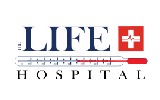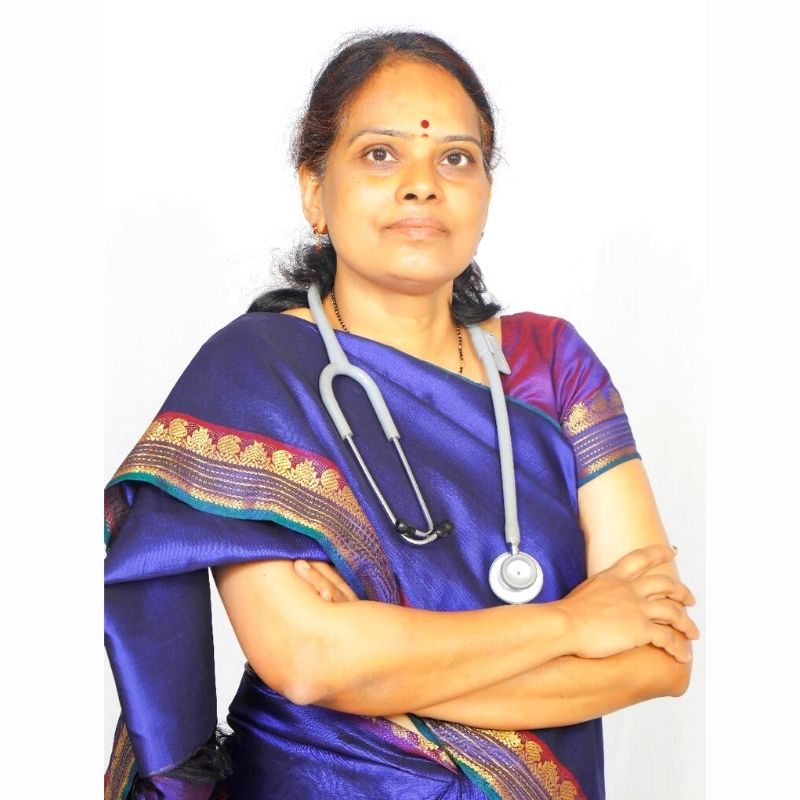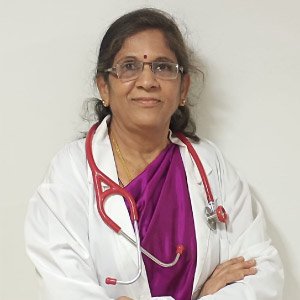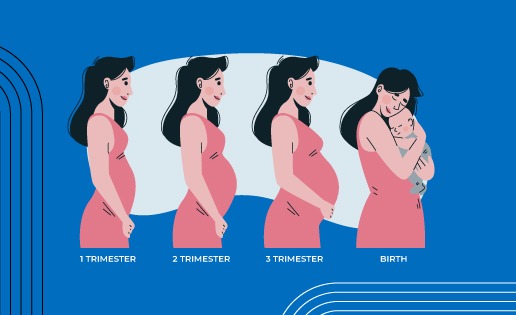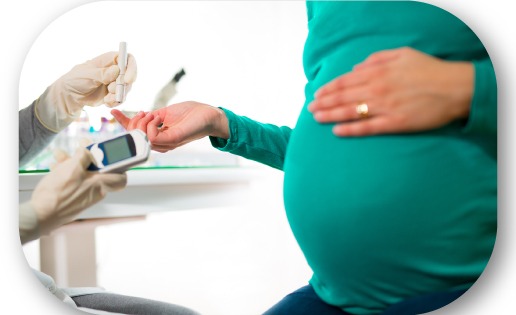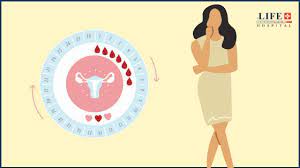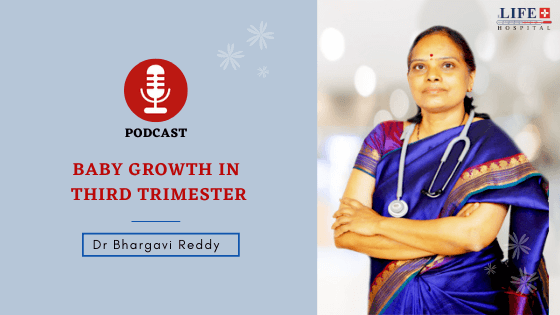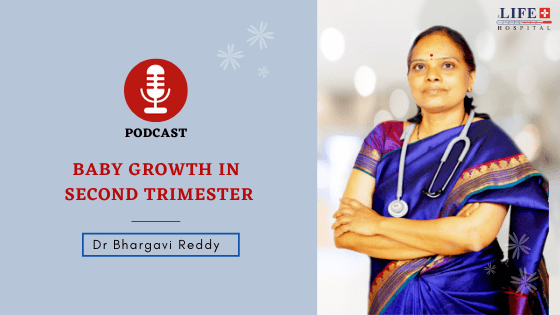Specialized center for NT Scan Treatment
Nuchal translucency is the name for the normal fluid space behind the neck of a foetus (unborn baby) that can be seen on ultrasound scans.
THE LIFE PLUS HOSPITAL Care is COVID 19 Safe
- Our Hospital premises are COVID safe
- Regular sanitization of clinic & hospital premises
- Immediate medical assistance through Online Consultation
Specialized center for NT Scan Treatment
Nuchal translucency is the name for the normal fluid space behind the neck of a foetus (unborn baby) that can be seen on ultrasound scans.
THE LIFE PLUS HOSPITAL Care is COVID 19 Safe
- Our Hospital premises are COVID safe
- Regular sanitization of clinic & hospital premises
- Immediate medical assistance through Online Consultation
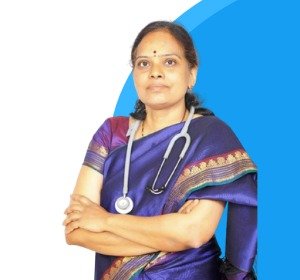
NT Scan
Nuchal translucency (NT) is the sonographic appearance of a collection of fluid under the skin behind the fetal neck in the first-trimester of pregnancy. The term translucency is used, irrespective of whether it is septated or not and whether it is confined to the neck or envelopes the whole fetus. In fetuses with chromosomal abnormalities, cardiac defects and many genetic syndromes the NT thickness is increased.
Screening by NT can detect about 80% of fetuses with trisomy 21 and other major aneuploides for a false positive rate of 5%. The combination of NT and maternal serum free β-hCG and PAPP-A improves the detection to 90%. There is now evidence that the detection rate can increase to about 95% and the false positive rate can be reduced to 3% by also examining the nasal bone, ductus venosus flow and tricuspid flow.
Let's Schedule Your Appointment
NT Scan

Nuchal translucency is the name for the normal fluid space behind the neck of a foetus (unborn baby) that can be seen on ultrasound scans.A nuchal translucency scan (also called first trimester of pregnancy screening) is carried out during weeks 11–13 of a pregnancy.
The NT scan is an ultrasound done in the first trimester to determine your baby’s risk of having Down syndrome and some other chromosomal abnormalities. It’s usually done along with a blood test. If the screen indicates that your baby may have a problem, you can decide whether or not to have CVS or amnio for a diagnosis.In addition to testing for Down syndrome (trisomy 21), the NT scan will also screen for:
- Trisomy 18 (Edward’s syndrome)
- Trisomy 13 (Patau syndrome)
- Some other chromosomal abnormalities
- Some structural problems, such as heart, abdominal wall, and skeletal defects
Our Gynecologists who are Treating the Diseases
Why The Life Plus Hospital?
 The Life Plus Hospital is COVID-19 safe
The Life Plus Hospital is COVID-19 safe
Your safety is taken care of by thermal screening, social distancing, sanitized clinics, and hospital rooms, sterilized surgical equipment, and mandatory PPE kits during surgery.
 Medical Expertise With Technology
Medical Expertise With Technology
Our Doctors spend a lot of time with you to diagnose your condition. You are assisted in all pre-assisted Hospitalisation process. We offer advanced laser and laparoscopic surgical treatment. Our procedures are USFDA approved.
 Assisted Surgery Experience
Assisted Surgery Experience
A dedicated Medical Coordinator assists you throughout the surgery journey from insurance paperwork, to free commute from home to hospital & back and admission-discharge process at the hospital.
 Post Natal Care
Post Natal Care
We offer free follow-up consultations and instructions including dietary tips as well as exercises to every patient to ensure they have a smooth recovery to their daily routines.
The Life Plus Hospital in Numbers
Years Of Expertise
Successful Surgeries
Consultation
Success Rate
Our Blogs
OUR GYNECOLOGY CENTER IN BANGALORE
Tell us about your problems and we’ll figure out the best treatment option for you.
Life Plus hospital
Women and Child Care Hospital in Indiranagar | LifePlus Hospital
At Life plus hospital, we offer a comprehensive range of women’s health services. The Department is managed by highly experienced lady gynecological doctors who offer specialized attention and compassionate care for women
Let's Schedule Your Appointment
NT Scan FAQ's
Only you can make the decision about whether or not to have screening. Some women want to know about possible conditions and some do not. Your midwife or doctor can provide you with information both directly and from pamphlets, websites and other organisations to help you make your decision.
The main difference between screening tests and diagnostic tests is that screening is only meant to find out whether there is a higher chance that your baby has a condition or a lower chance, whereas diagnostic testing is designed to find out for sure whether or not a baby has a condition.
Although you can get a more definite result from diagnostic testing, there is a risk of misscariage each time a genetic diagnostic test is done. If everyone has screening first only those found to have a higher chance of carrying a baby with a condition are offered diagnostic testing. This should mean fewer babies have a diagnostic test and therefore fewer misscarriages because of them.
Ideally you should have screening during the first three months of your pregnancy. If you do plan to have screening and are under 14 weeks pregnant you will be offered First Trimester Combined Screening.
First trimester combined screening includes both a blood test and an ultrasound scan. The blood test is best taken at 10 weeks but can be taken any time between 9 weeks and 13 weeks and 6 days. The ultrasound scan (called a nuchal translucency), is best done at 12 weeks of pregnancy but can be done any time between 11 weeks and 2 days and 13 weeks and 6 days of pregnancy.
If you are 14 weeks pregnant or more when you decide to have screening, you will be offered Second Trimester Maternal Serum Screening. This is a blood test which is best taken between 14 and 18 weeks of pregnancy but can be taken up until 20 weeks.
Your doctor or midwife will give you your result. They will tell you whether the result shows that there is a low or increased chance that your baby has a condition. You will be given your screening results within 10 days of finishing screening.
